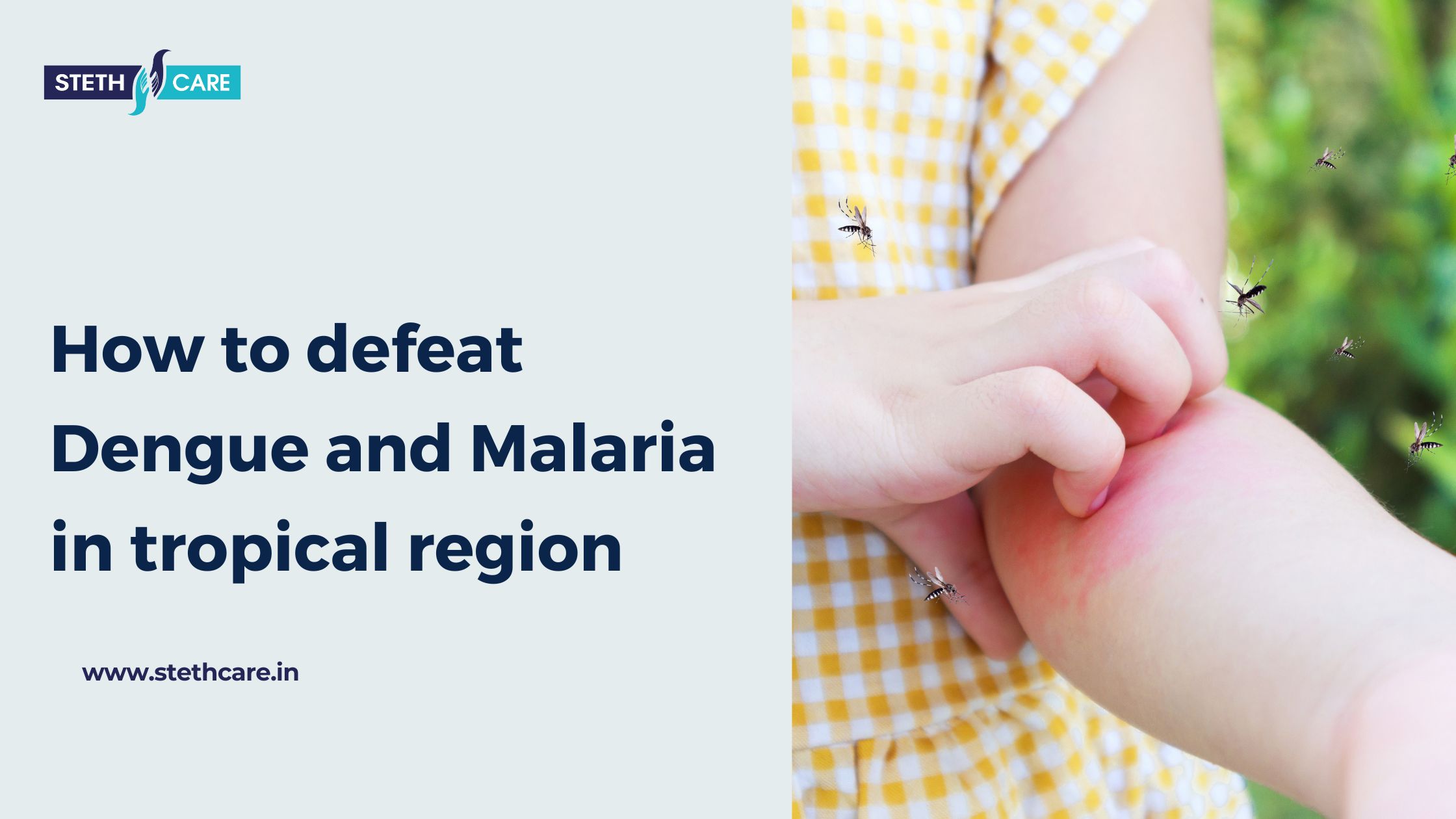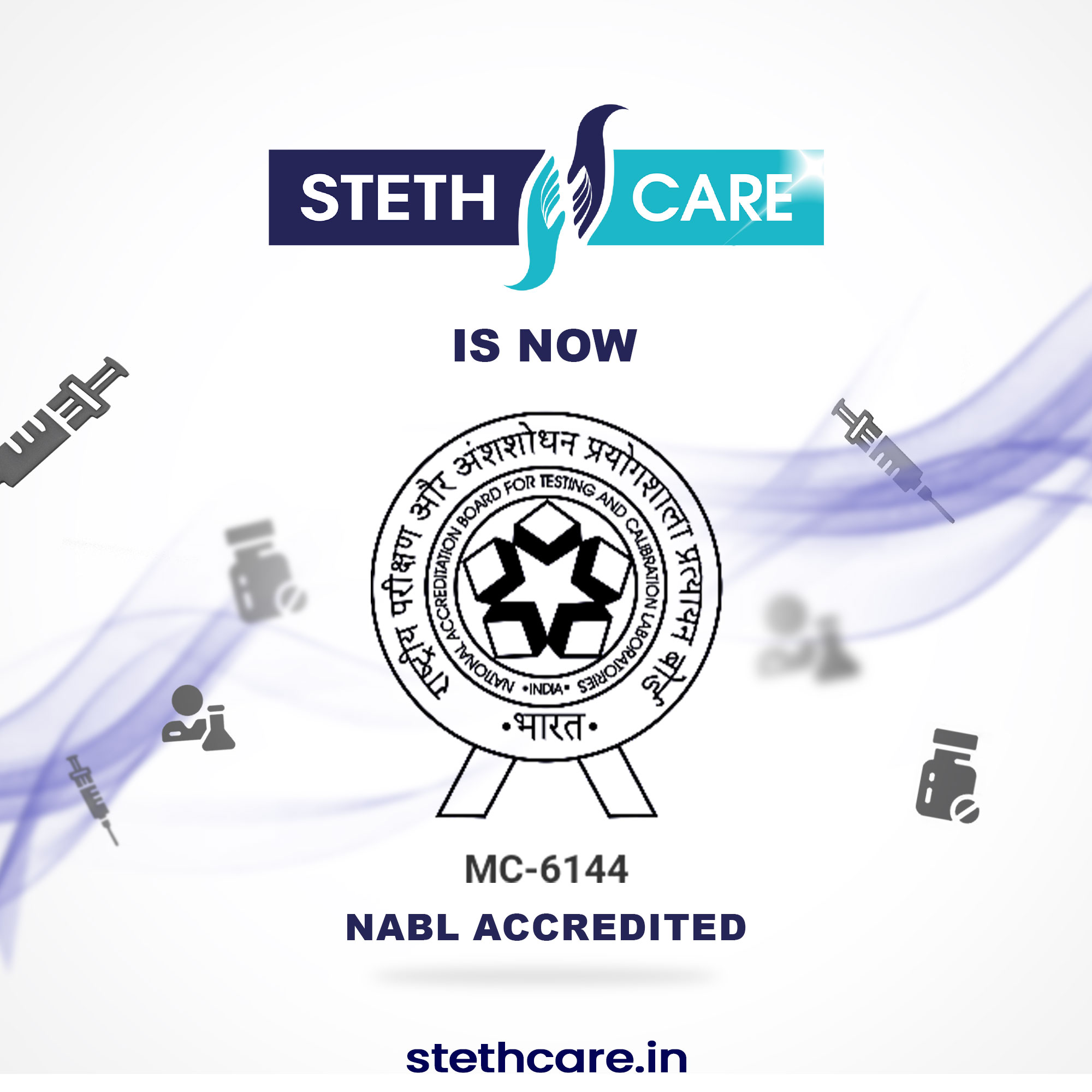
Introduction: Tropical regions are known for their lush landscapes and vibrant cultures, but they also present unique health challenges. Among these challenges are the prevalence of mosquito-borne diseases like Dengue and Malaria. In this article, we’ll explore essential strategies to defeat Dengue and Malaria in tropical regions, safeguarding your health and well-being.
Understanding Dengue and Malaria
- Dengue: The Breakbone Fever
- Symptoms: High fever, severe joint and muscle pain, rash, and bleeding tendencies.
- Transmission: Aedes mosquitoes, primarily Aedes aegypti.
- Malaria: The Silent Killer
- Symptoms: High fever, chills, sweats, fatigue, and anemia.
- Transmission: Anopheles mosquitoes, which carry the Plasmodium parasite.
Preventing Mosquito Bites
- Protective Clothing: Wear long sleeves, pants, and socks to reduce exposed skin.
- Mosquito Repellents: Use DEET-based or natural repellents to deter mosquitoes.
- Bed Nets: Sleep under insecticide-treated bed nets to prevent nighttime bites.
Eliminating Breeding Sites
- Stagnant Water: Remove or treat standing water sources where mosquitoes breed.
- Regular Cleaning: Maintain clean gutters, drains, and flower pots.
- Community Efforts: Engage in local initiatives to control mosquito breeding.
Vaccination Against Dengue
- DENGVAXIA: An approved Dengue vaccine offering protection against multiple Dengue virus serotypes.
- Vaccination Programs: Check if your region has Dengue vaccination programs for residents.
Malaria Chemoprophylaxis
- Prescription Medication: Consult a healthcare provider for antimalarial medication suitable for your travel destination.
- Dosage Adherence: Follow the prescribed dosage schedule diligently to ensure effectiveness.
Early Diagnosis and Treatment
- Symptom Recognition: Be vigilant about symptoms and seek medical attention promptly if you suspect Dengue or Malaria.
- Diagnostic Tests: Diagnostic tests such as blood smears and rapid antigen tests aid in confirming the diseases.
Community Education
- Awareness Programs: Engage in or support community awareness initiatives to educate residents about prevention and early detection.
- Schools and Institutions: Collaborate with schools and institutions to teach students about mosquito-borne diseases.
Climate Resilience and Mosquito Control
- Environmental Management: Implement climate-resilient mosquito control measures to adapt to changing weather patterns.
- Research and Innovation: Support research on new techniques for mosquito control, such as genetically modified mosquitoes.
Traveler’s Tips
- Travel Health Clinics: Visit a travel health clinic before visiting tropical regions to receive personalized advice and vaccinations.
- Pack Essentials: Carry mosquito nets, repellents, and antimalarial medications when traveling to endemic areas.
FAQs
Q1: Can I get Dengue or Malaria even if I take preventive measures?
A: While preventive measures significantly reduce the risk, there is no absolute guarantee. Continue practicing prevention to minimize the chances of infection.
Q2: Are there vaccines for Malaria?
A: Currently, there is no approved vaccine for Malaria. Preventive measures such as antimalarial medications are essential when traveling to endemic areas.
Q3: What is chemoprophylaxis?
A: Chemoprophylaxis refers to the use of medication to prevent disease. In the context of Malaria, it involves taking antimalarial drugs before, during, and after travel to high-risk areas.
Q4: Can I travel to tropical regions if I have a chronic illness?
A: Consult your healthcare provider before traveling to ensure it is safe for your specific health condition. They can provide guidance and recommendations.
Q5: How can I contribute to community education efforts?
A: You can volunteer with local health organizations, schools, or community centers to raise awareness about Dengue, Malaria, and preventive measures. Sharing information through social media can also help spread awareness
Conclusion: A Unified Effort
In conclusion, defeat Dengue and Malaria in tropical regions requires a unified effort. By understanding the diseases, preventing mosquito bites, embracing vaccination and chemoprophylaxis, and promoting early diagnosis and treatment, we can collectively combat these health threats. Additionally, community education, climate resilience, and responsible travel practices play pivotal roles in safeguarding public health.
Remember, knowledge is your best defense. Stay informed, take precautions, and support local initiatives to create healthier and safer tropical regions for all.
